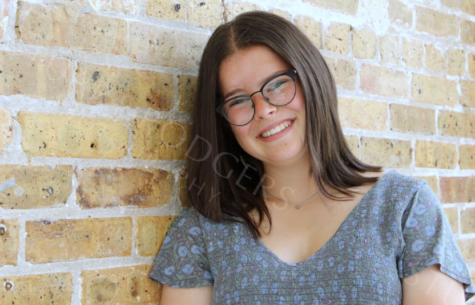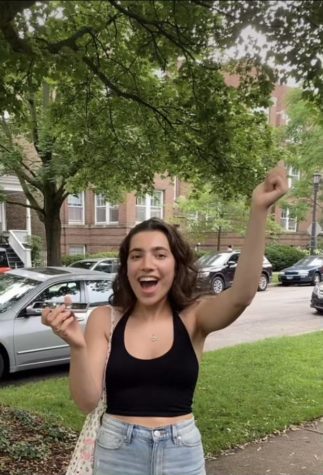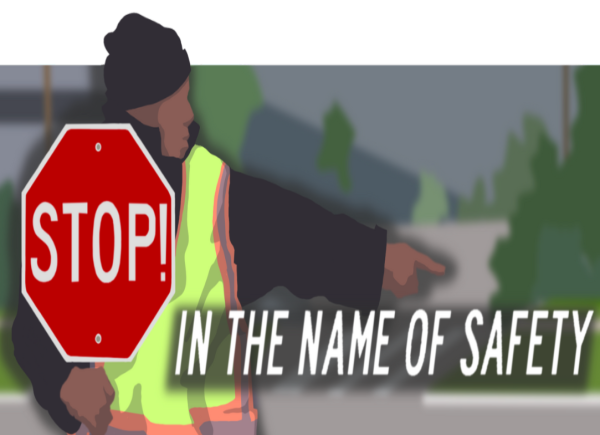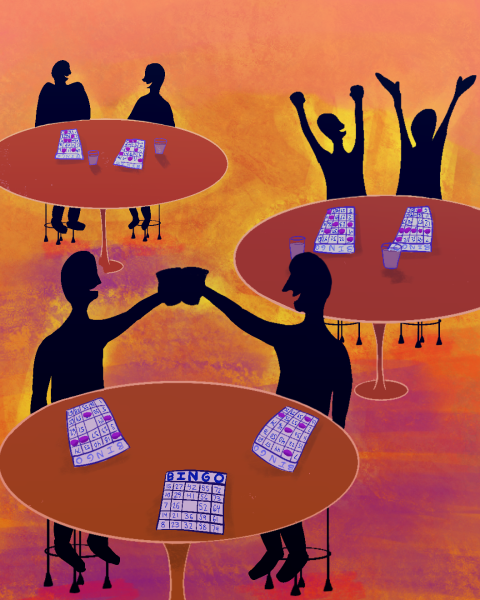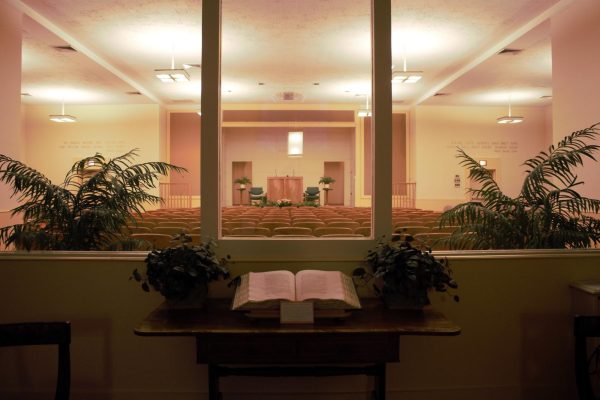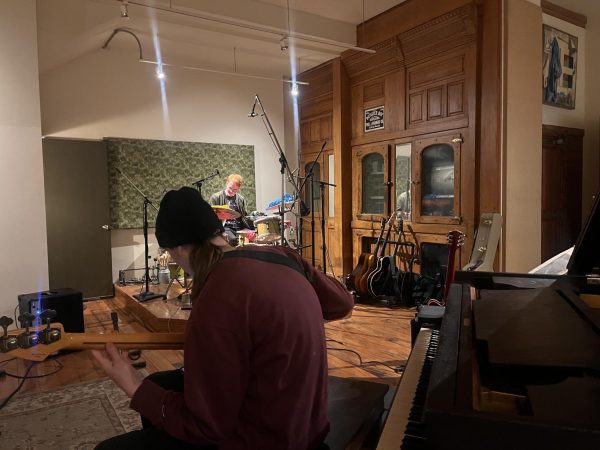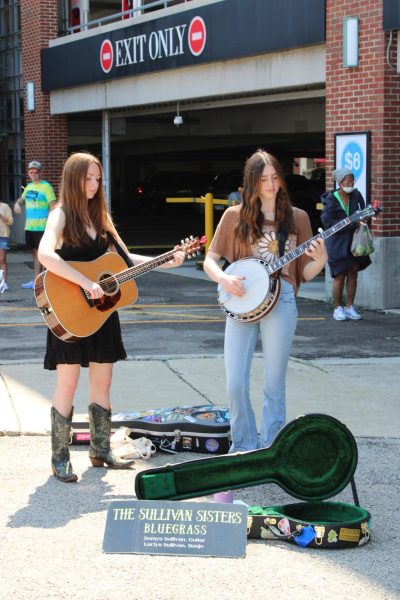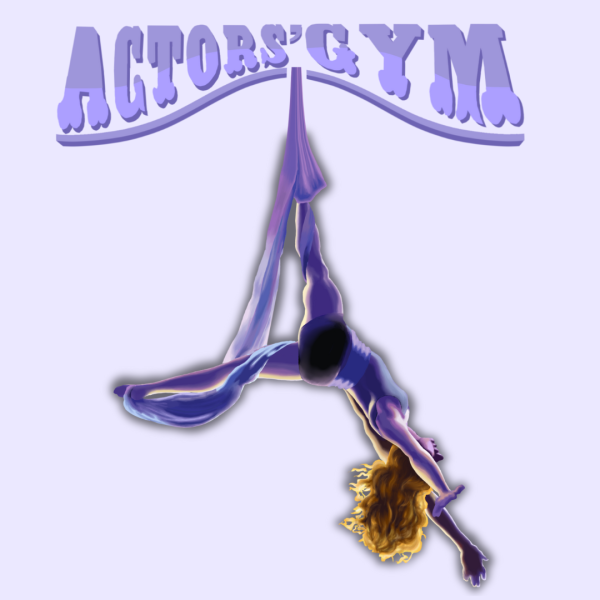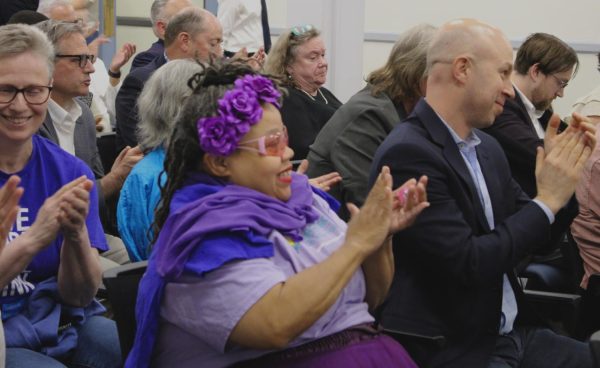After semester of tumult, ETHS students call for change
As the 2021-22 school year resumed with complete in-person learning, many students found themselves questioning how to move forward after such a traumatic pandemic experience, especially as COVID-19 cases begin to rise again. Throughout first semester, discussions regarding student wellbeing and recovery have soared, and more students than ever before have found themselves at the forefront of conversations with the administration. While many students engaged in extracurriculars that involved communication with the ETHS administration prior to the pandemic, students find that those conversations carry a different weight now.
Additionally, while the time spent at home during the pandemic was both formative and simultaneously detrimental, many events that occurred throughout first semester have echoed these contrasting concepts. From a transition to high school for both freshmen and sophomores to administrative changes and the ongoing implementation of COVID-19 protocols, many students have taken to the administration to voice concerns.
“I usually take issues to the school board meetings,” Student Representative to the School Board Barbara Tomaradze explains. “[I’ve discussed topics] like how teachers are handling the block schedule and what changes students are suggesting.”
However, some students feel as though the administration has not been as receptive to student concerns as in past years, prior to COVID-19.
“[I would like to see] more communication because I feel like [the administration] has these plans that are separate from what we’re doing,” junior and Student Union member Amira Grace says. “I feel like there’s a lack of communication between us and the administration.”
In addition to direct conversation with the administration, some students have utilized the District 202 school board meetings as a forum to voice concerns. At the Nov. 8 school board meeting, ETHS Student Representative Barbara Tomaradze gave a speech regarding Lorenzo Medrano, the former ETHS Color Guard coach who was placed on leave following an arrest on child seduction charges in LaPorte County, Ind..
At the meeting, Tomaradze stated, “This is the school’s reputation, but these are our lives, and I want to make sure that nobody’s put into danger because of the protection of other employees at ETHS.”
While Tomaradze’s speech was countered by reassurance on the part of Board President Pat Savage-Williams, Tomaradze’s feelings of frustration and fear persist.
“Sometimes, it seems as if concerns are just listened to and not really followed through [on]. I hoped I would be reached out to for a conversation or follow-up about the concerns I was raising, which didn’t happen.”
Similarly, senior Maisy Kobernik-Pollack believes communication between students and administration could be not only more effective, but more attentive to and assertive in terms of acting on student concerns. Recently, Kobernik-Pollack and senior and Evanstonian staff writer Nova Horrell wrote an open letter to the administration regarding gender identity and school policies at ETHS, in addition to speaking at the Nov. 8 board meeting.
“We were hoping that they would reach out to us afterwards and they didn’t… [so] we pursued them further,” Kobernik-Pollack says. “We didn’t want it to just get pushed aside.”
Although Kobernik-Pollack and Horrell were eventually able to schedule a follow-up meeting with members of the administration, the process did not go exactly as the students wanted. Moving forward, they hope to see commitment to action in a way that hasn’t been felt previously.
“[I’d like to see] a commitment to making a change, and not just being like, ‘It was nice talking to you,’ because that doesn’t really do anything,” says Kobernik-Pollack. “We put in the work, and we’re willing to talk about things, and I’m not expecting [that] tomorrow they start teaching teachers how to [address gender identity], but [I’d like to see] some sort of commitment.”
While the first semester of the 2021-22 school year has surely been unlike any other, students are attempting to remain positive and hopeful for what is to come.
“Teachers are paying more attention to student concerns and student wellbeing,” Tomaradze explains. “I do think there’s been a change in the attitude between teachers and students in a positive way.”
Your donation will support the student journalists of the Evanstonian. We are planning a big trip to the Journalism Educators Association conference in Philadelphia in November 2023, and any support will go towards making that trip a reality. Contributions will appear as a charge from SNOSite. Donations are NOT tax-deductible.
